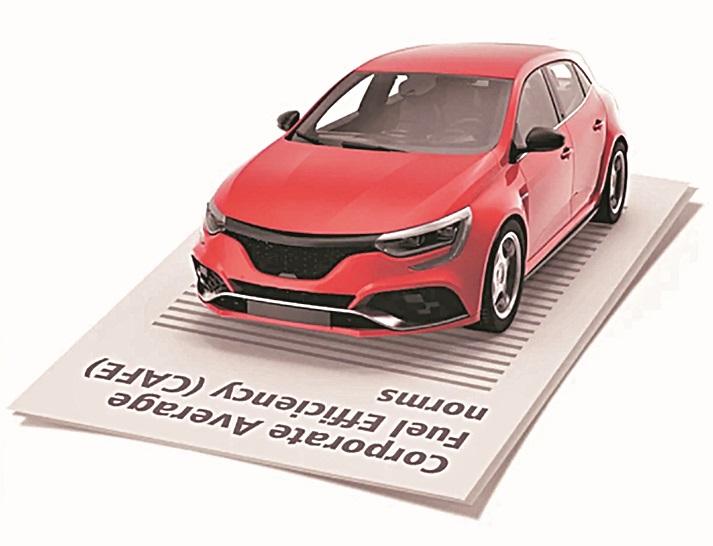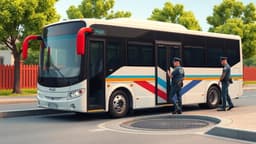Home / Technology / India Races to Regulate Autonomous Vehicles by 2047
India Races to Regulate Autonomous Vehicles by 2047
17 Nov
Summary
- India lacks specific laws for autonomous vehicle deployment
- Experts call for comprehensive regulatory framework by 2030
- India aims for widespread ADAS by 2030, Level 3-4 AVs by 2040

On November 17, 2025, road safety experts in India emphasized the urgent need for the government to establish a comprehensive regulatory framework and set of Standard Operating Procedures (SOPs) for the testing, deployment, and operation of autonomous vehicles (AVs). This comes as India aims to lead in autonomous mobility by 2047, with key goals including boosting market growth and developing AVs suited for the country's complex traffic conditions.
Currently, India lacks a specific, explicit law or set of SOPs for AV deployment and operation. The existing legal framework, primarily the Motor Vehicles Act of 1988 and the Indian Penal Code of 1960, does not directly address the unique challenges posed by autonomous technology and the issue of liability. Experts warn that this regulatory gap poses a critical concern for autonomous technology becoming mainstream in India.
To address this, India's target for AVs involves a phased approach. By 2030, the country aims for widespread use of advanced driver-assistance systems (ADAS) like lane-keeping and adaptive cruise control. This will be followed by the introduction of Level 3 and 4 vehicles in specific urban areas and controlled routes by 2040. Achieving these goals will require a comprehensive regulatory framework that addresses the safety, liability, ethics, and data privacy concerns specific to autonomous vehicles.




